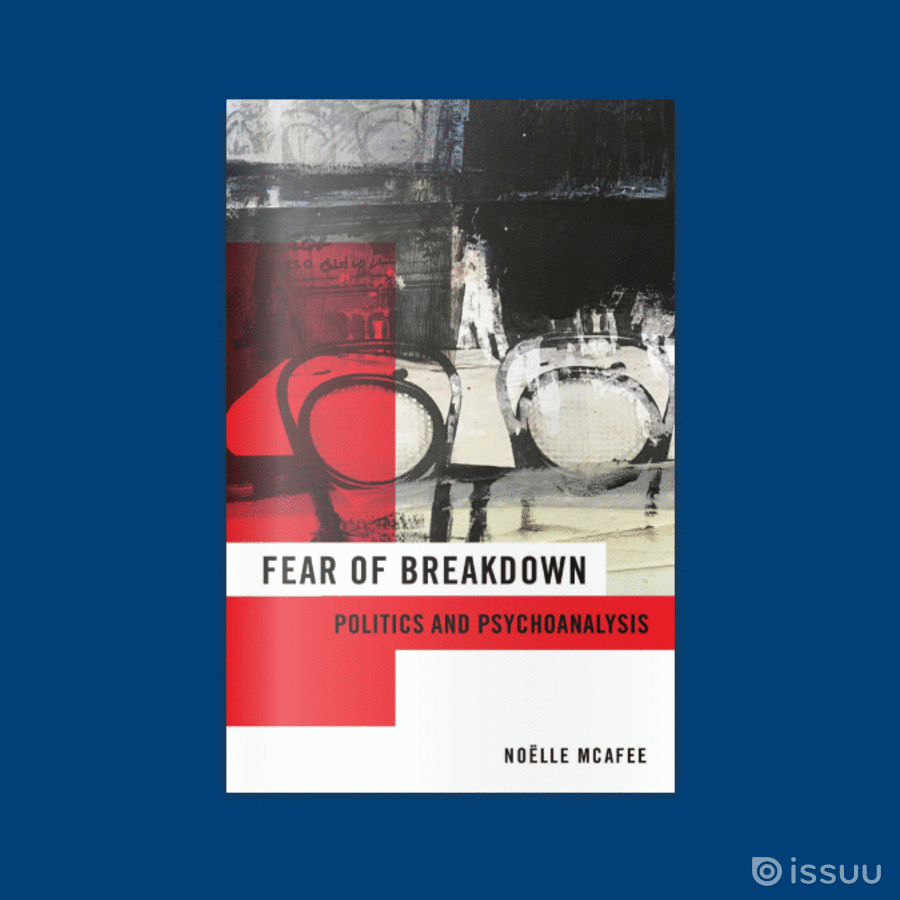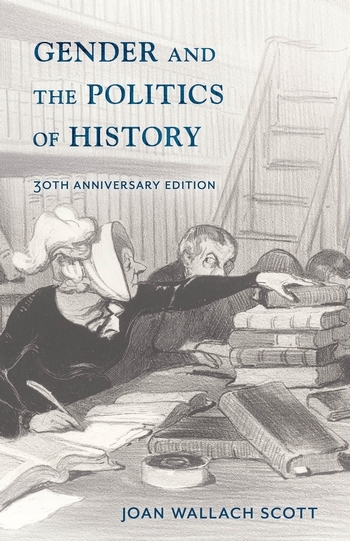Presidential Debabtes: Beyond the 4th of July / A Post by Alan Schroeder
The following post is by Alan Schroeder author of the recently published Presidential Debates: Fifty Years of High-Risk TV. You can also read Schroeder’s description of the Nixon-Kennedy debate from Presidential Debates.
To the chagrin of political junkies everywhere, the Fourth of July holiday weekend passed without a precedent-setting summer presidential debate between Barack Obama and John McCain. The Obama campaign had proposed the event as a counteroffer to McCain’s call for a series of ten joint town meetings over the summer months. Like many a front-runner before him, Obama has sought to limit his debate schedule, agreeing to an Independence Day town hall; an August forum on foreign policy; and the three traditional fall debates in September and October. McCain’s high command dismissed the July 4th idea as a “joke,” claiming that few Americans would be watching TV that night. Thus the debate fell apart before it ever advanced beyond the talking stage.
By traditional metrics, the McCain camp was probably accurate in its assumption of low viewership on the Fourth of July. But the unorthodox nature of this year’s presidential campaign challenges that expectation. A holiday debate would undoubtedly have generated a high degree of media hype, drawing an audience unable to resist the lure of live political theater. Press coverage of the debate would have reverberated for days to come, providing endless replays for interested parties who missed the original program. And with few other major stories competing for the media’s attention, the debate would have dominated the news agenda both in the run-up and the aftermath, making the Obama-McCain confrontation unavoidable even to those not paying attention to the election.
Will the rejection of an Independence Day debate go down as a tactical error by McCain’s campaign brain trust? Clearly it is their side that has clamored the loudest for early debates, and Obama’s that has reacted with coyness and diffidence. With a July town hall now off the table, an August meeting between the two candidates also appears doubtful. As long as Obama maintains a solid lead over his rival, the Democratic contender will be reluctant to debate any more than he has to. McCain may therefore have lost his last chance before Labor Day to lure his opponent into the ring.
Which brings us to autumn, and the series of three joint appearances being proposed by the Commission on Presidential Debates (CPD), producers of every general election match-up since 1988. The commission has scheduled debates between Obama and McCain on September 26, October 7, and October 15, with a vice presidential debate set for October 2.
As in the past, all these debates will feature a single moderator, all will be conducted in front of a live audience, and all will run for 90 minutes. Where this year’s proposal differs is on the particulars of format. The CPD seeks to kill off the traditional lectern debate, which it regards as stodgy and too easily manipulated by candidates coached to lapse into their stump speeches instead of answering the questions. As an alternative the commission is proposing two “table debates,” in which the candidates are seated around a table with a moderator. The goal is a more conversational structure that requires the participants to directly engage each other rather than speechify in parallel isolation. Of these two table debates, one would be devoted to domestic issues, the other to international affairs. The debates would be segmented into eight ten-minute “topic areas,” designed to keep the discussion from splintering off in too many directions.
The third presidential debate of the fall – the one scheduled for Belmont University in Nashville – would take the form of a town hall meeting, with selected citizens quizzing the candidates. In a nod to the innovations of this season’s primary debates, the town hall debate is also slated to include questions submitted by voters on the internet.
Beyond a general agreement to debate, the candidates themselves have not yet weighed in on the commission’s proposal. Historically the opposing campaigns wait until after their party conventions to sit down and hammer out a detailed memorandum of agreement that governs debate participation. As experience shows, these plans may or may not align with the carefully thought-out recommendations of the CPD. The proposed dates and places are likely to stand, because it is nearly impossible to reschedule an event as complicated as a presidential debate without ample notice. But it is reasonable to expect tinkering by the campaigns in the areas of program structure and production details.
Obama’s negotiators will see no benefit in abandoning the lectern format that has been part of presidential debate history since Kennedy met Nixon. With his superior height advantage and professorial ease at the podium, the Senator from Illinois performs well in this setting, far better than his opponent. Both sides may object to the CPD’s plan to have candidates directly engage each other during the debates. This has been proposed in every election cycle since 1960, and just as reliably shot down by campaign strategists, who remain paranoid about the potential fallout from an untoward competitive stunt on live TV.
And it will be interesting to see how the campaigns approach the handling of the town hall questioners. Since the introduction of the town meeting format in 1992, debate negotiators have imposed increasing restrictions on how audiences are selected and how they pose their queries. In 2004 Bush negotiators went so far as to threaten shutting off the microphone of any citizen whose question varied from what had been written down and submitted in advance. McCain is said to be particularly fond of the town hall format – hence, his desire for ten such forums over the summer – but all presidential debaters want to protect themselves with built-in precautionary measures, particularly when it comes to something as volatile as a live audience.
As in all presidential debates, the devil will be in the details – hence, the obsessive attention paid by campaign negotiators to matters of format, staging, production, timing, etc. The debate talks that have taken place so far between advisers to Obama and McCain presage a contentious round of bargaining before the high-stakes events of the fall. If arranging these events were easy, Americans would have enjoyed the political fireworks of a Fourth of July presidential debate, instead of having to wait until late September.




